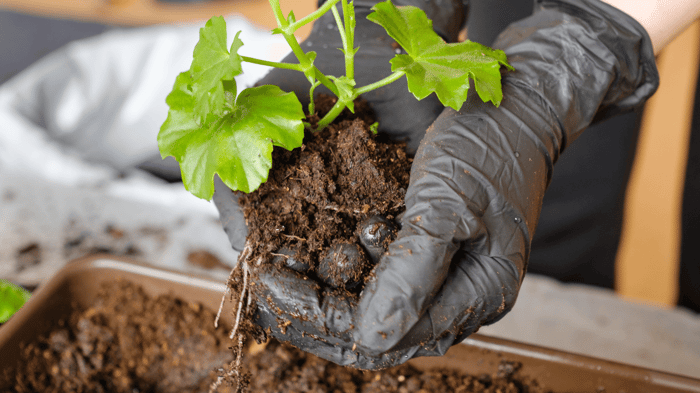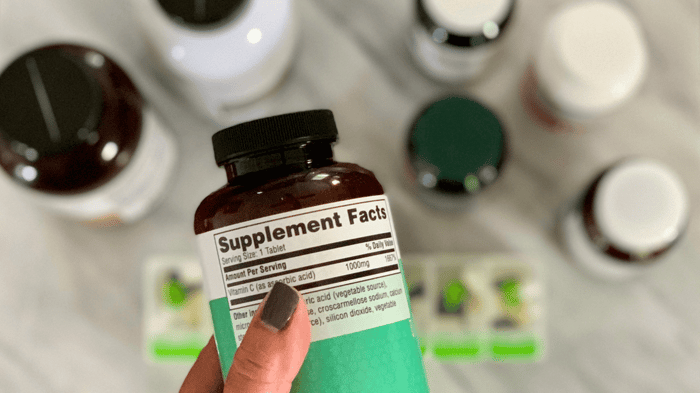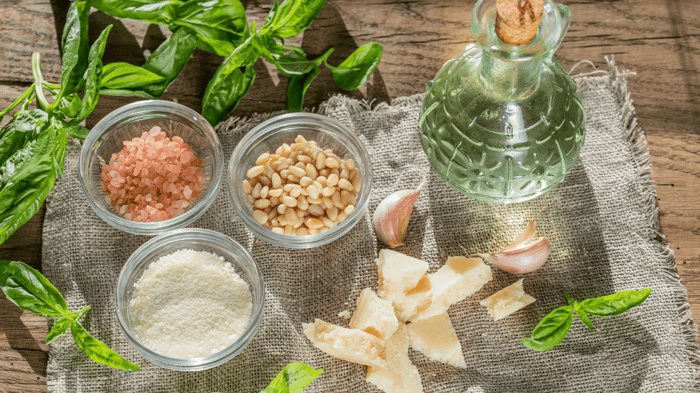Table of Contents
- Understanding Vaginal Dryness and Why Hydration Matters
- Common Causes of Vaginal Dryness
- How Plant Compounds Support Vaginal Tissue Hydration
- Foods That Naturally Support Vaginal Hydration
- Plant Oils and Natural Lubricants
- Lifestyle Practices That Boost Vaginal Hydration
- The Role of Probiotics and the Vaginal Microbiome
- Why Plant Power Is a Game-Changer
- FAQs
Vaginal dryness is one of those topics many women hesitate to talk about—even though it’s incredibly common and affects quality of life in more ways than we often admit. Whether it shows up as discomfort during intimacy, irritation during the day, or a general sense that “something feels off,” dryness can impact both confidence and overall well-being.
Here’s the good news: nature has been quietly working on solutions for centuries. Plant compounds—nutrients, oils, extracts, and bioactive molecules found in herbs, seeds, and vegetables—have shown remarkable potential to support hydration of vaginal tissues. They don’t just mask the problem; they help strengthen, nourish, and protect delicate mucosal layers in ways that synthetic fixes often can’t replicate.
When used consistently—through diet, supplements, or topical applications—plant-based solutions can enhance natural moisture, maintain a balanced vaginal environment, and reduce the irritation that so often disrupts intimacy and daily comfort. Unlike hormone-based therapies, plant compounds often deliver support gently, making them especially appealing to women who prefer natural, hormone-free approaches.
Understanding Vaginal Dryness and Why Hydration Matters
Before diving into plant power, it’s important to understand what’s actually happening when dryness sets in.
Vaginal tissues are unique: they’re lined with a mucosal layer designed to produce secretions, maintain elasticity, and protect against pathogens. This lining is heavily influenced by hormones (particularly estrogen) and by overall hydration in the body.
When moisture levels decline, the lining becomes thinner, less elastic, and more prone to irritation. This isn’t just uncomfortable—it can disrupt the natural balance of pH and microflora, opening the door to recurrent infections. Hydration, therefore, isn’t only about lubrication during intimacy; it’s about maintaining long-term vaginal health.
Common Causes of Vaginal Dryness
The most well-known cause is low estrogen, particularly during menopause. But it’s far from the only factor. Medications such as antihistamines, antidepressants, and cancer treatments can interfere with natural lubrication. Stress, smoking, and even something as simple as skipping foreplay can exacerbate dryness.
Lifestyle and environment play a role too. Harsh cleansers, scented soaps, or overuse of intimate wipes can strip away natural oils. Chronic health conditions like diabetes and autoimmune disorders also interfere with blood flow and nerve function, which directly affects moisture levels.
The takeaway? Vaginal dryness is multi-factorial, which is why a holistic approach that includes diet, hydration, lifestyle, and plant-based support often works best.
How Plant Compounds Support Vaginal Tissue Hydration
Plants provide an impressive pharmacy of compounds that interact with the body in subtle but powerful ways. These include phytoestrogens, antioxidants, fatty acids, and vasodilators—all of which contribute to stronger, more hydrated vaginal tissues.
Phytoestrogens: Gentle Hormone Mimics
Phytoestrogens are plant-derived compounds that act a little like estrogen in the body. They’re not hormones, but they bind to estrogen receptors, helping ease symptoms of estrogen decline. Isoflavones (from soy) and lignans (from flaxseeds) are two well-studied examples.
In vaginal tissue, phytoestrogens support mucosal hydration, thickness, and elasticity. Clinical reviews suggest they can reduce irritation and discomfort for women in menopause without the risks associated with synthetic hormone therapies.
Antioxidants and Anti-Inflammatory Agents
Oxidative stress weakens collagen and elastin—the proteins that keep tissue supple and hydrated. Plant antioxidants, like flavonoids and polyphenols, fight free radicals and help preserve structural integrity. Herbs like perilla, rosemary, and green tea contain compounds that soothe inflammation and protect against tissue breakdown, directly supporting hydration and comfort.
Improving Blood Flow and Tissue Repair
Some plants act as natural vasodilators, promoting blood flow to vaginal tissues. Better circulation means better delivery of nutrients and water, which translates into improved hydration. Nutrients like folate (from leafy greens) also aid in cell renewal, ensuring the mucosal lining can regenerate and stay strong.
Foods That Naturally Support Vaginal Hydration
Nutrition is often the most overlooked tool for intimate health. What you eat shows up everywhere in the body—including vaginal tissues.
Leafy Greens (Spinach, Kale, Swiss Chard): Packed with folate, magnesium, and vitamin C, they promote circulation, collagen production, and tissue resilience.
Sweet Potatoes, Carrots, Squash: Rich in beta-carotene, which converts into vitamin A, supporting epithelial health and natural moisture retention.
Avocados: A powerhouse of healthy fats and vitamin E, helping stabilize hormones and strengthen cell membranes.
Seeds and Nuts (Flax, Chia, Almonds, Walnuts): Provide omega-3 fatty acids and phytoestrogens that enhance hydration from within.
Probiotic Foods (Yogurt, Kefir, Kimchi, Sauerkraut): Balance vaginal pH by supporting beneficial bacteria, making it harder for pathogens to disrupt hydration.
These foods don’t work overnight, but when incorporated consistently into meals, they create the nutritional foundation for long-term vaginal comfort.
Plant Oils and Natural Lubricants
For immediate relief, plant-based oils can be effective moisturizers. Coconut oil provides long-lasting hydration and has mild antimicrobial benefits. Olive oil coats tissues with vitamin E-rich emollience, though it’s not condom-friendly. Almond and grapeseed oils offer lighter options that absorb quickly while delivering antioxidants.
The key is purity: cold-pressed, unrefined oils are safest. And while oils can mimic natural lubrication, they don’t replace the body’s acidic pH environment, so moderation and monitoring are essential.
Lifestyle Practices That Boost Vaginal Hydration
Dryness isn’t only about what you eat or apply—it’s also about daily habits.
Hydration: Drink enough water. It sounds basic, but dehydration shows up everywhere, including intimate tissues.
Gentle Hygiene: Avoid douching and harsh cleansers. Plain water or mild, fragrance-free washes are best.
Clothing Choices: Breathable cotton underwear helps prevent irritation and supports comfort.
Sexual Health: Adequate arousal and safe lubricants reduce friction-related microtears that worsen dryness.
Stress & Sleep: Stress hormones disrupt balance, while quality sleep helps restore natural systems, including hormone regulation.
The Role of Probiotics and the Vaginal Microbiome
The vaginal microbiome is a delicate ecosystem dominated by Lactobacillus species. These beneficial bacteria produce lactic acid, keeping pH slightly acidic and protective. Probiotics—whether from food or supplements—help stabilize this environment, lowering infection risk and supporting hydration.
When harmful bacteria or fungi take over, dryness often worsens. By restoring balance, probiotics create conditions where natural lubrication thrives.
Antioxidants, Anti-Inflammatory Agents, and Slippery Elm Bark
Beyond well-known antioxidants like flavonoids and polyphenols, some plant ingredients stand out for their unique bioactive properties. One of them is Slippery Elm Bark, a traditional botanical rich in mucilage, amino acids, and minerals like zinc and manganese. These compounds support the mucosal lining, helping tissues stay supple, moist, and resilient.
In fact, Slippery Elm Bark is the hero ingredient in Flower Power®’s She Juicy, where it’s specially processed to maximize its natural hydration benefits. By coating and soothing mucosal tissue, it acts almost like your body’s own moisture shield—helping restore comfort and reducing irritation without added hormones.
This makes it a perfect example of how nature can deliver effective, science-backed hydration for intimate health.
Why Plant Power Is a Game-Changer
Vaginal dryness doesn’t have to be something you silently tolerate. By understanding how hydration works and leaning on the natural power of plants, you can support your body from the inside out. From phytoestrogens that gently mimic estrogen, to probiotics that balance pH, to healthy fats that stabilize tissue integrity, plant compounds offer a holistic, sustainable path toward lasting comfort.
And if you’re looking for a supplement that embodies all of these principles—natural, hormone-free, and designed specifically to restore hydration—Flower Power® has something special.
Discover how She Juicy can help you feel naturally hydrated, confident, and comfortable again .
FAQs
Are natural remedies really effective for vaginal dryness?
Yes, many women report meaningful improvements using plant oils, phytoestrogen-rich foods, or plant-based supplements. Clinical studies support their ability to improve hydration and comfort, though results vary individually.
Which vitamins or nutrients help the most?
Vitamin E, omega-3 fatty acids, and phytoestrogens stand out. They directly support mucosal tissue, elasticity, and hydration.
What foods are best for vaginal moisture?
Leafy greens, avocados, nuts, seeds, sweet potatoes, and probiotic foods provide the nutrients and microbiome support needed for long-term hydration.
How does aloe vera work?
Aloe vera’s polysaccharides trap water and soothe irritation, making it a common ingredient in natural vaginal moisturizers.
What’s the difference between moisturizers and lubricants?
Moisturizers (often plant-based) are for long-term hydration, used regularly to maintain comfort. Lubricants reduce friction during intimacy, offering immediate relief.











